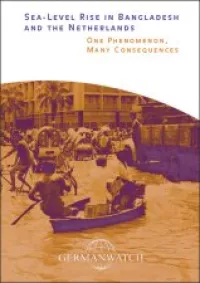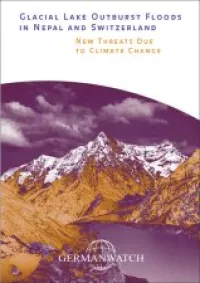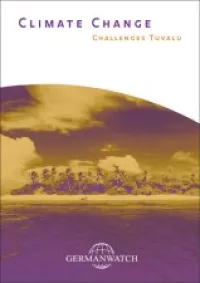Sea-level rise in Bangladesh and the Netherlands

Hot summers, floods, and winters without snow – during the last decade extreme weather events have given rise to worldwide concerns. One can hardly fail to notice that these extreme events indicate potential impacts of climate change in the future. Other consequences, however, which are at least as serious, emerge only gradually. One example are rising sea levels which threaten huge areas and coastal settlements and have serious effects particularly on people in developing countries.


